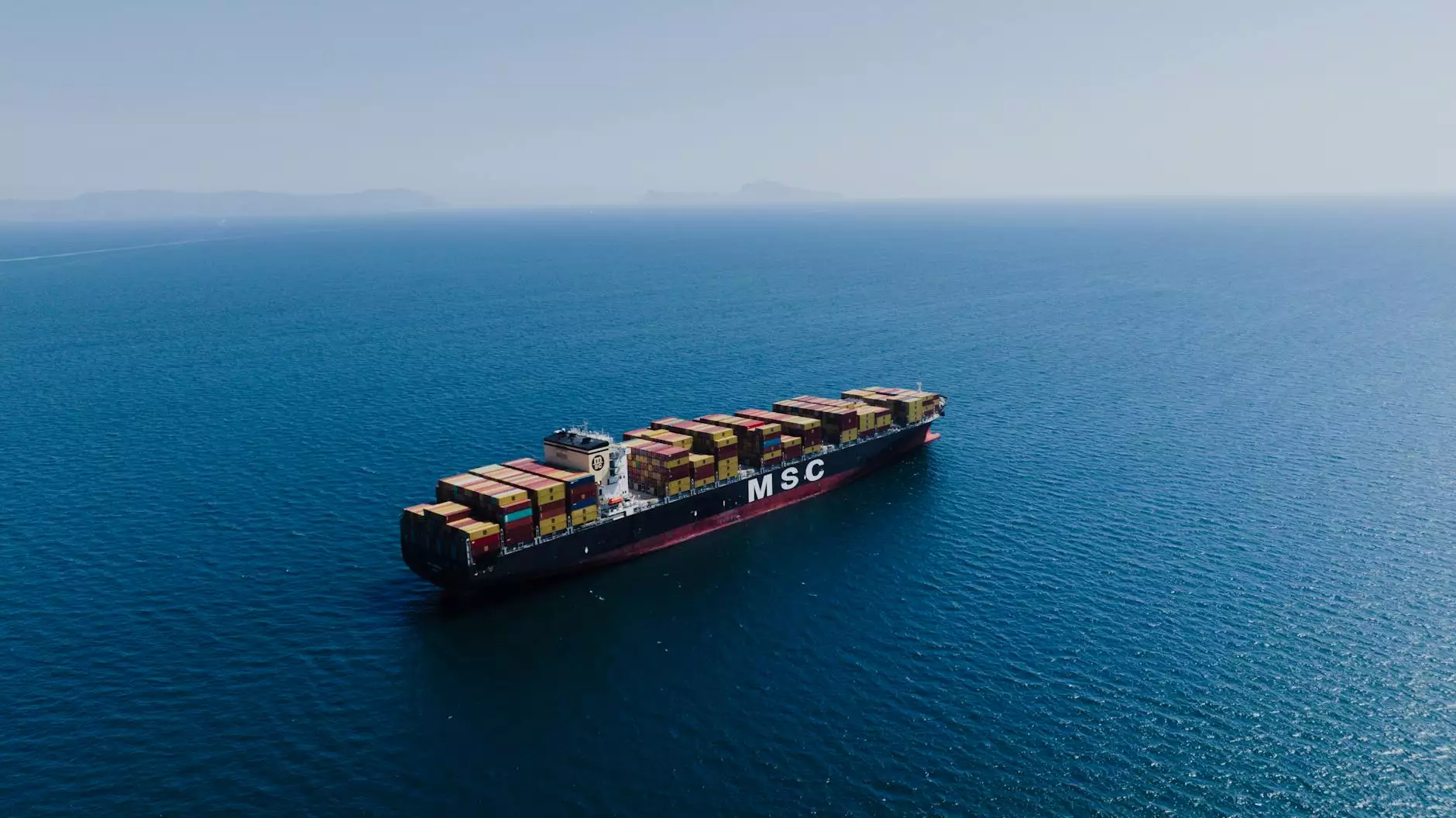Understanding Freight Charges Per KG: An In-Depth Analysis

When it comes to shipping goods, freight charges per kg play a pivotal role in defining the costs associated with transportation. For businesses that rely heavily on logistics, understanding these charges is crucial to maintaining budgetary control and ensuring competitive pricing. This article delves into what freight charges entail, the intricacies involved, and practical insights on minimizing these expenses.
1. What Are Freight Charges?
Freight charges refer to the fees imposed by freight carriers for transporting goods from one location to another. These costs can vary significantly based on several factors, including the shipment's weight, dimensions, destination, and method of transport. Understanding how these charges are calculated is fundamental for any business dealing with logistics.
1.1 Types of Freight Charges
- Freight Rate: The basic cost for transporting goods, usually measured per kg or per cubic meter.
- Fuel Surcharges: Additional costs that reflect fluctuations in fuel prices, applied to maintain profitability for carriers.
- Customs Duties: Taxes imposed by the government on imported goods, impacting overall freight costs.
- Handling Fees: Charges for loading and unloading goods at shipping terminals.
2. How Freight Charges Per KG Are Calculated
The calculation of freight charges per kg is not a one-size-fits-all formula. Carriers consider various factors to determine costs:
2.1 Weight and Volume
The most significant factor influencing freight rates is the weight of the shipment. However, volume can also play a critical role, especially in air freight, where space is at a premium. Carriers typically use either actual weight (the weight of the shipment) or dimensional weight (a calculated weight based on the volume of the shipment) to determine charges. The higher of the two weights is usually used to calculate freight charges.
2.2 Distance and Shipping Routes
Another vital factor in calculating freight charges is the distance between the origin and destination. Long-distance shipping typically incurs higher costs due to increased fuel consumption, time, and risk factors associated with longer transits. Further, some routes may be more expensive than others due to demand and infrastructure factors.
3. Factors Affecting Freight Charges Per KG
Numerous elements can impact the freight charges per kg that a business might face:
3.1 Type of Goods
The type of goods being shipped can greatly influence freight costs. Hazardous materials, for example, may incur higher rates due to the special handling and safety regulations required during transportation. Fragile items may also necessitate additional handling charges.
3.2 Shipping Method
- Air Freight: Fast but expensive, ideal for time-sensitive shipments.
- Sea Freight: More economical for bulk shipments but slower.
- Road Freight: Cost-effective for regional transport but subject to road conditions and regulations.
3.3 Seasonal Demand
Shipping costs can fluctuate based on seasonal demand. For instance, during peak shipping seasons such as holidays, freight charges may spike due to increased demand for transportation services.
4. Tips to Reduce Freight Charges Per KG
Businesses seeking to control their logistics costs should consider the following strategies:
4.1 Consolidate Shipments
Consolidating smaller shipments into a single large shipment can significantly reduce freight charges per kg. By maximizing space in shipping containers, you can spread the fixed costs over a greater volume of goods.
4.2 Negotiate with Carriers
Building long-term relationships with carriers can lead to bulk discounts and favorable shipping rates. Frequent shippers often have leverage in negotiating rates.
4.3 Optimize Packaging
Efficient packaging minimizes dimensional weight and can reduce overall shipping costs. Use lightweight materials and ensure that your items are snugly packed to avoid wasted space.
5. The Importance of Choosing the Right Shipping Partner
When venturing into shipping, the choice of a logistics partner is crucial. Look for a company that understands freight charges per kg and can provide tailored solutions to your shipping needs. Here are a few considerations:
- Experience: Companies with proven histories in the industry can often provide better advice and solutions.
- Service Offerings: A comprehensive range of services can simplify the shipping process for you.
- Technology: Firms that leverage technology for tracking and management can minimize unexpected charges and improve efficiency.
6. Future Trends in Freight Charges
As the shipping and logistics industries continue to evolve, several trends are expected to affect freight charges per kg:
6.1 Automation and Technology Integration
The integration of technology and automation will likely streamline operations, thereby reducing costs. Expect more advanced tracking systems that provide more transparency regarding pricing structures and logistics efficiency.
6.2 Sustainability Practices
With an increasing focus on sustainability, companies are adapting their logistics to reduce carbon footprints. This may come with new costs, such as eco-friendly packaging, but can also yield savings in the long run through efficiency improvements.
7. Understanding Your Billing Notice
When receiving a bill for freight services, understanding how to interpret the details is essential. Here are key components to look for:
- Base Rate: The standard charge for shipping, often based on weight.
- Accessorial Charges: Fees that may be added for special handling or services.
- Invoice Corrections: Ensure to check for any discrepancies that may result in unexpected fees.
Conclusion
In conclusion, understanding freight charges per kg is critical for businesses that rely on shipping goods. By grasping the factors that influence these charges, companies can make informed decisions that reduce costs and improve logistics efficiency. Whether through better negotiation with carriers, shipment consolidation, or the adoption of new technologies, businesses have numerous avenues to explore in their pursuit of cost-effective shipping. At cargobooking.aero, we are committed to providing resources and support for all your shipping needs.



